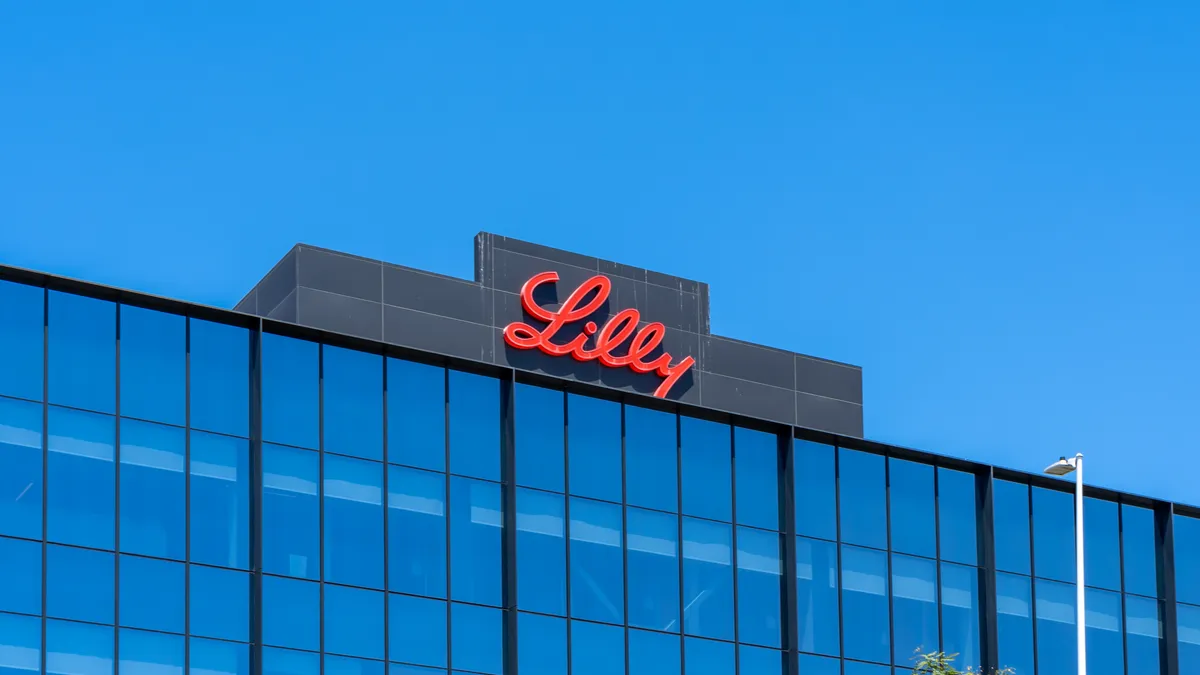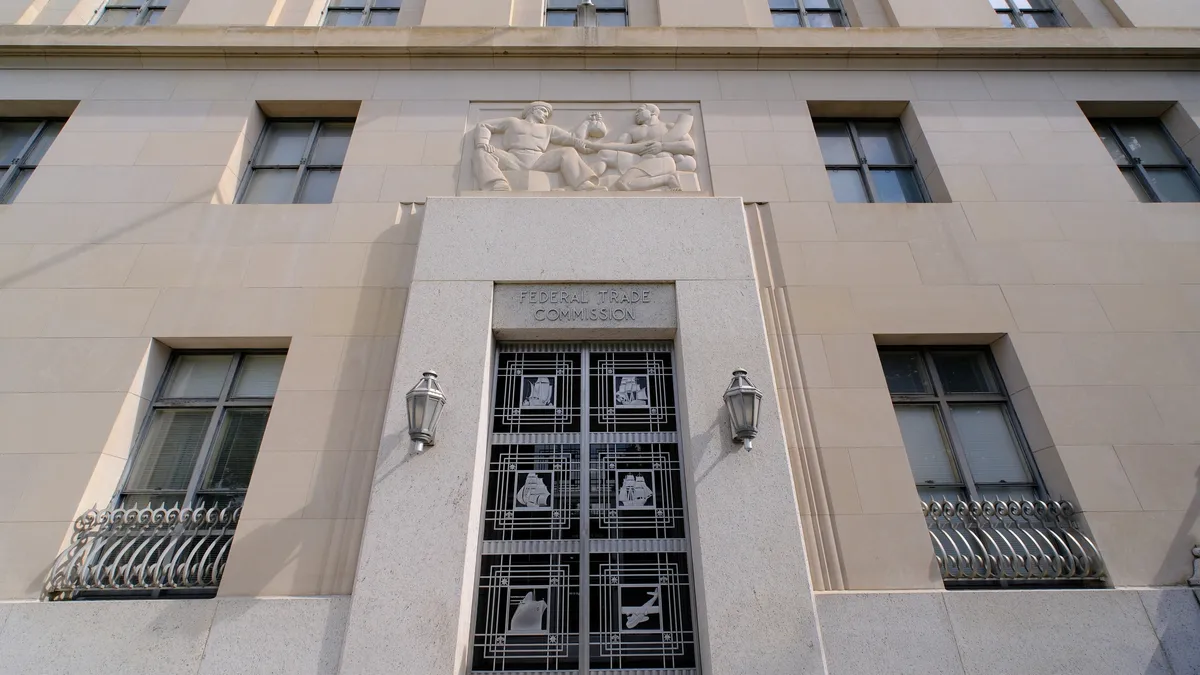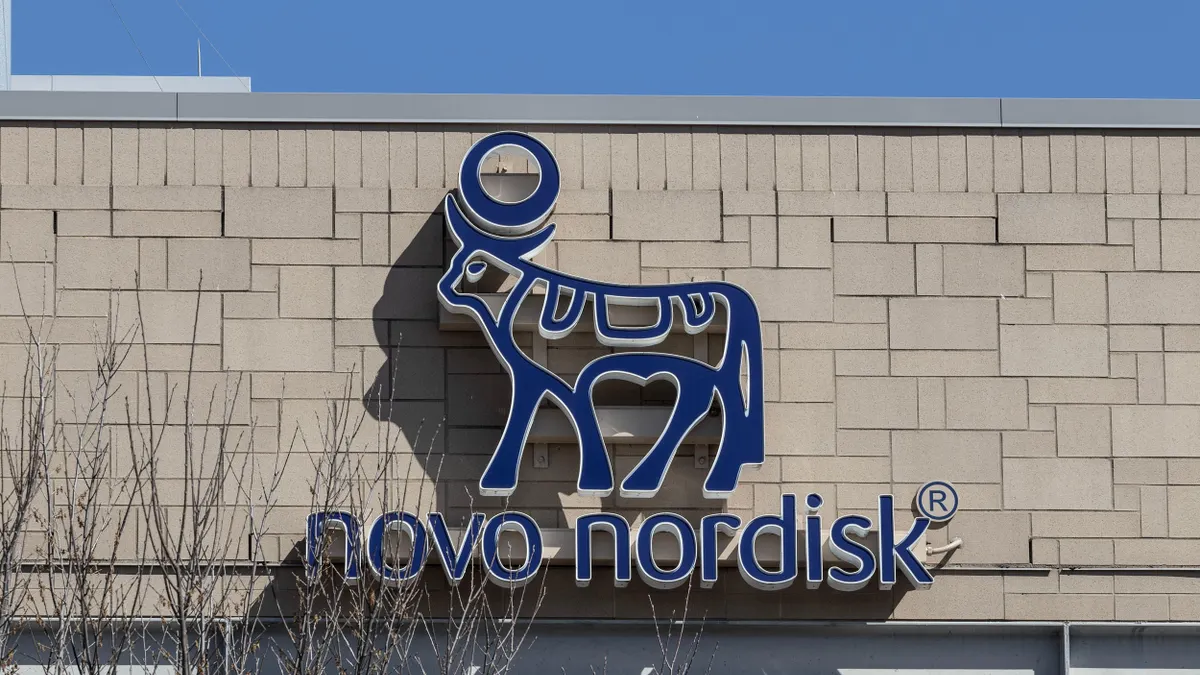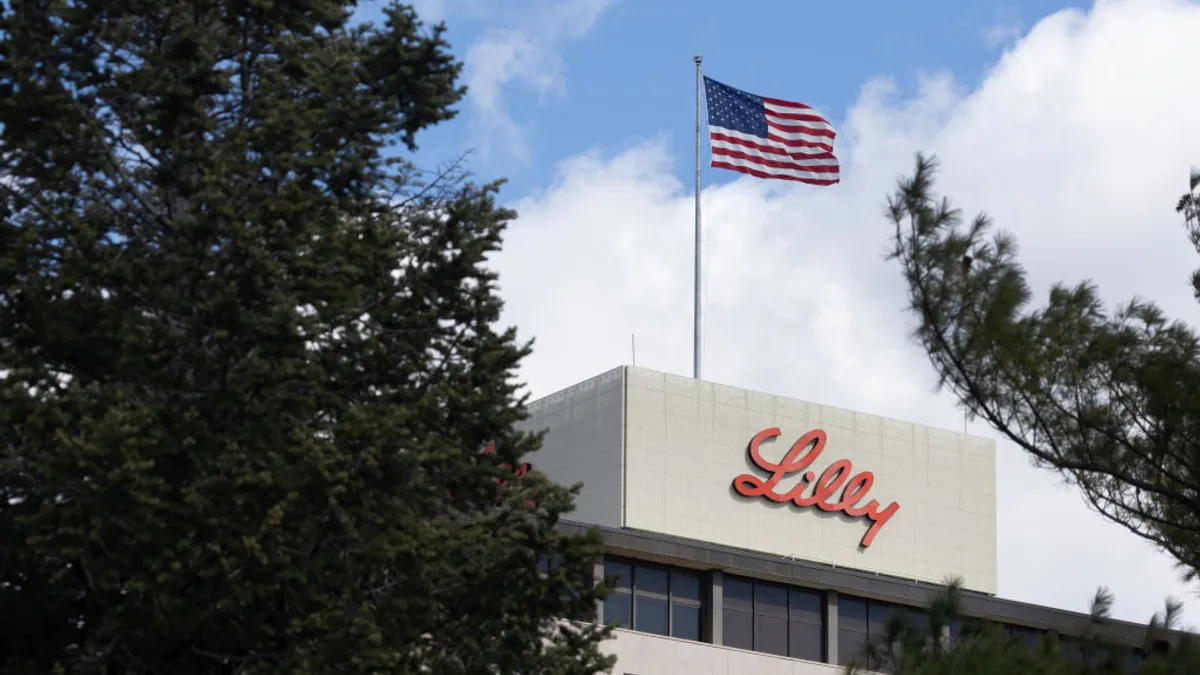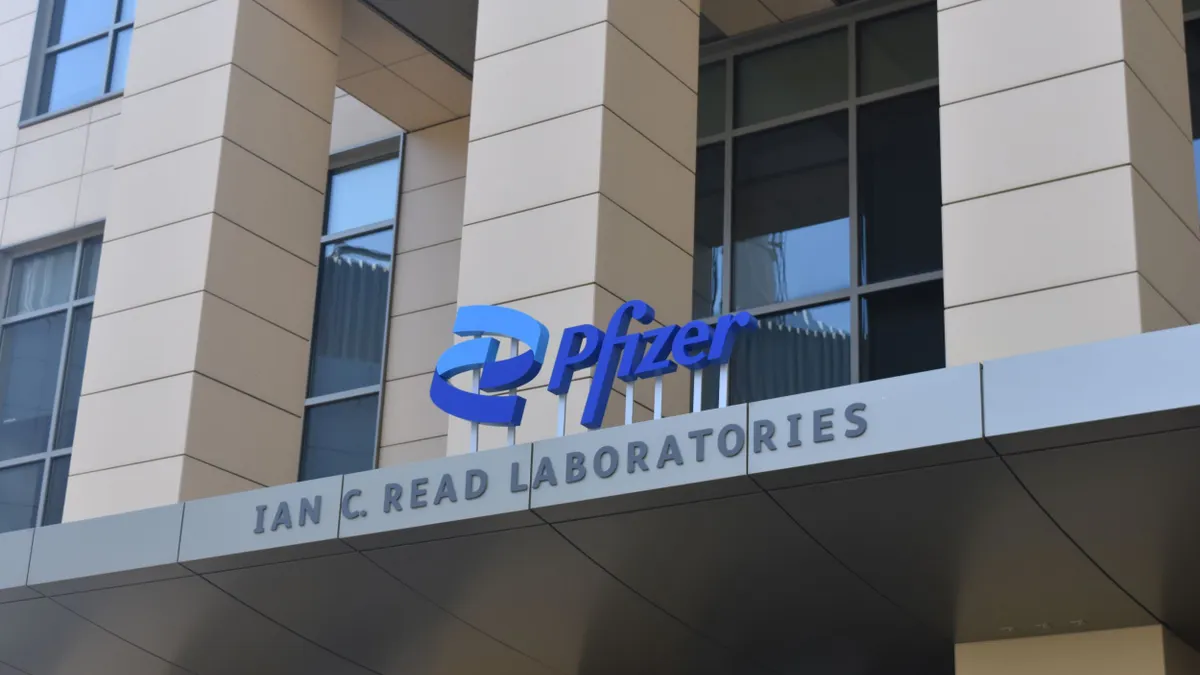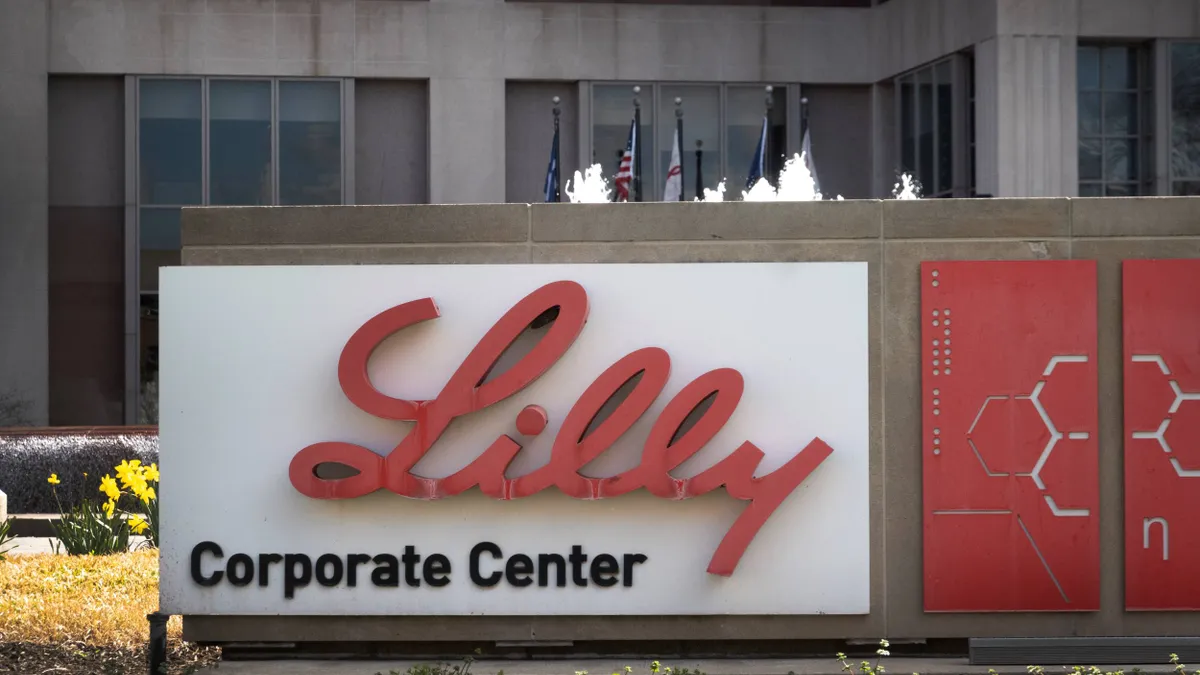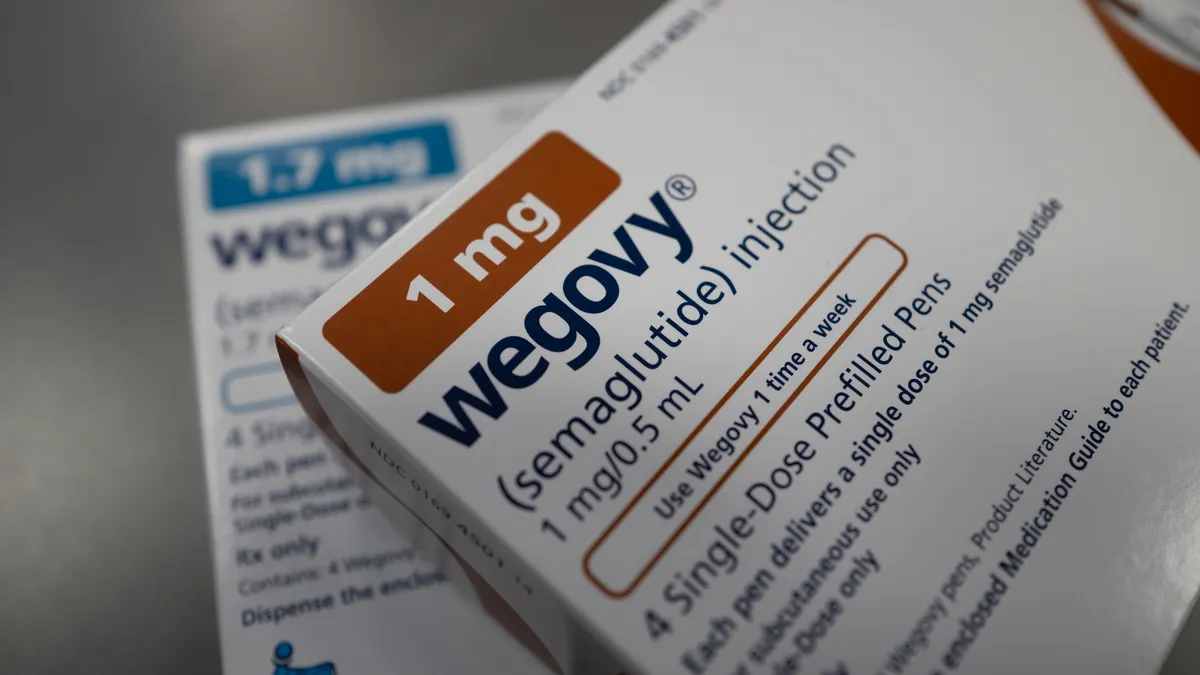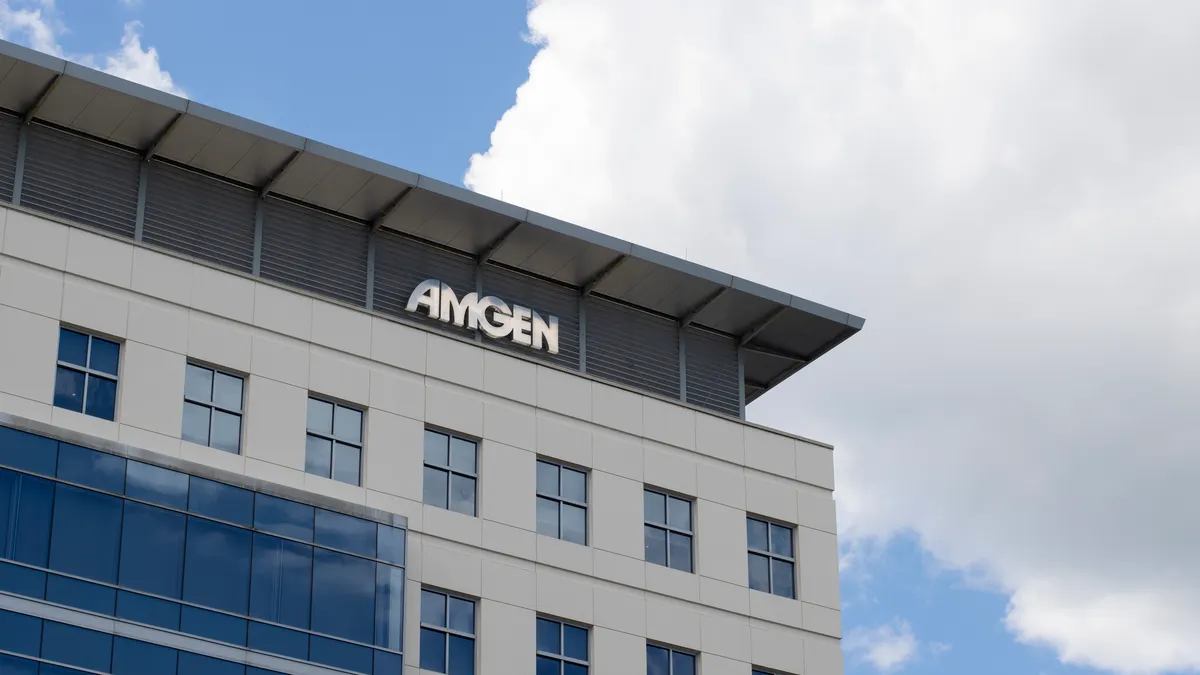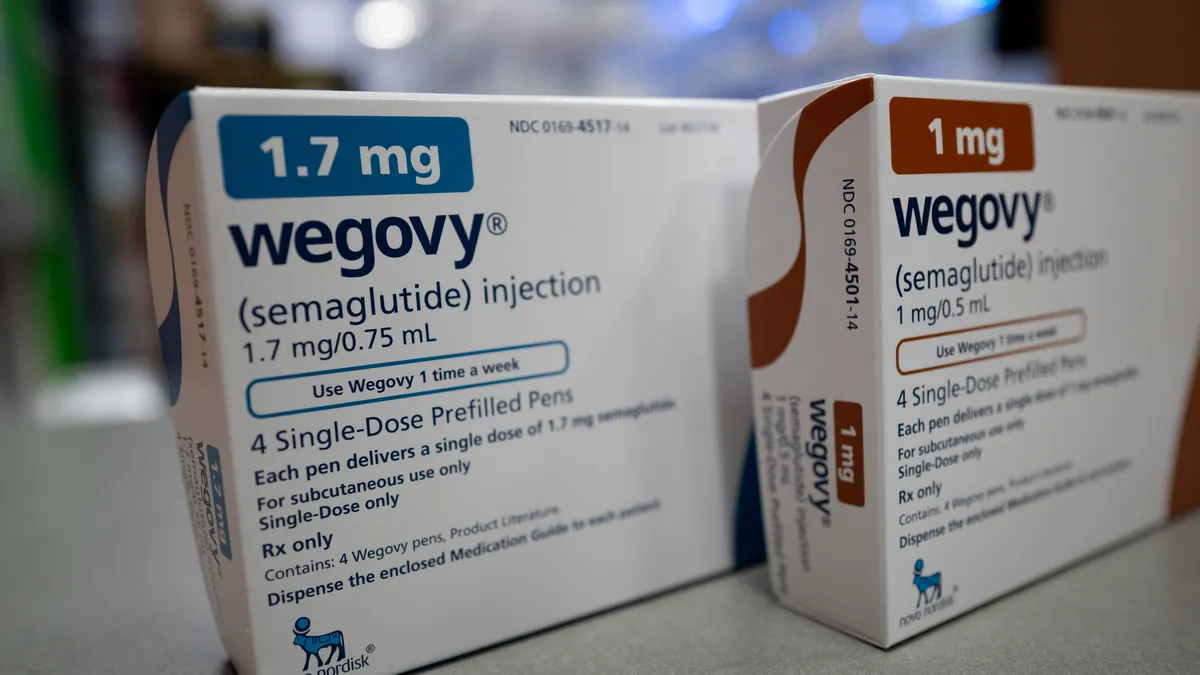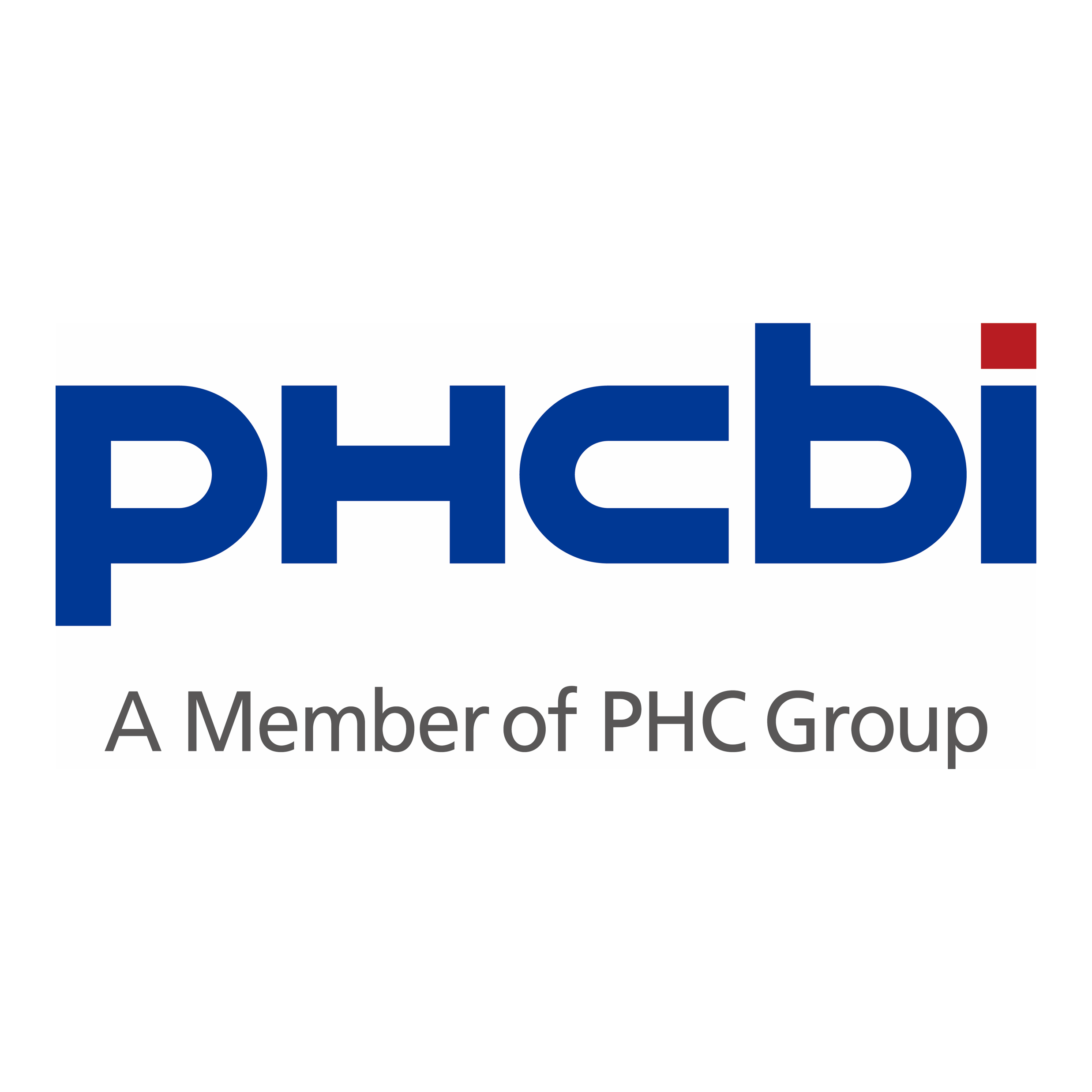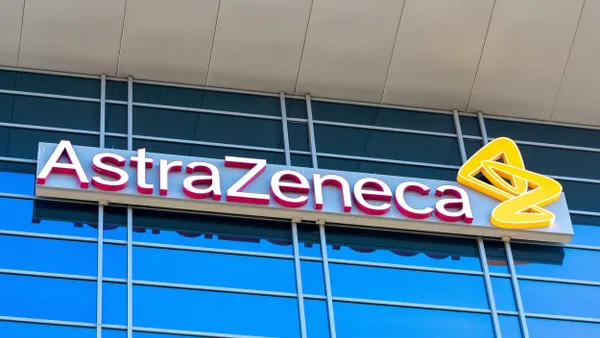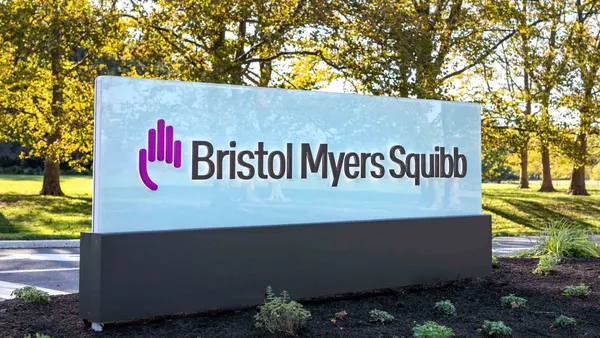Pfizer is suing Metsera and Novo Nordisk, escalating a high-profile battle between two large pharmaceutical companies over the rights to an emerging obesity drug developer.
In a statement Friday, Pfizer said it has initiated legal proceedings against Metsera, its board and Novo in Delaware Court of Chancery. The suit alleges that Novo’s bid, and Metsera’s belief that it qualifies as a “superior company proposal,” violates the terms of a buyout deal Pfizer and Metsera agreed to in September.
Pfizer is accusing Novo, Metsera and its board of breaching the terms of the original deal as well as fiduciary duties. It’s also claiming Novo’s counter proposal wrongfully interferes with the deal, and is asking the court to temporarily block Metsera from terminating its contract with Pfizer while the case plays out.
Pfizer “is taking this action to enforce and preserve its rights under the merger agreement,” the company said in a statement. “Metsera’s and its Directors’ actions, as well as those of Novo Nordisk, are in clear violation of their respective contractual and legal obligations. We are confident in the merits of our case and look forward to presenting it to the court.”
The situation is the latest twist in what’s quickly become an unusual fight over the future of Metsera, a company with a portfolio of next-generation medicines for weight loss.
Pfizer on Sept. 22 bid $4.9 billion upfront for Metsera, viewing an acquisition as a quick way to grab a leading position in the push to develop better obesity drugs. Metsera accepted that offer, which, according to regulatory documents filed afterward, came after discussions with multiple other bidders.
One of those contenders, identified only as “Party 1” and later determined to be Novo, submitted a highly unconventional offer that guaranteed a large up-front cash payment in exchange for half of Metsera’s shares. The payment was to be issued at signing, regardless of whether the deal closed, with the remainder doled out later on. That unusual structure was designed to offset the risk of a lengthy delay due to regulatory issues, such as antitrust scrutiny from the Federal Trade Commission. Metsera rejected the offer, in part, due to “potential regulatory risks.”
On Thursday, Novo made public a structurally identical proposal. Worth $6.5 billion up front and as much as $9 billion overall, the deal included a provision to immediately pay cash to Metsera shareholders via a special dividend even if the deal were terminated later. Metsera said that bid qualified as a “superior company proposal” per the terms of its original deal, triggering a four-day window for Pfizer to counter.
Pfizer instead responded by calling Novo’s bid a “reckless and unprecedented” proposal. It also attempted to draw the attention of the U.S. government, calling Novo’s move an “attempt by a company with a dominant market position to suppress competition” by “taking over an American challenger.” Pfizer hinted at a coming legal challenge, too, noting it would “pursue all legal avenues” to enforce the deal.
In its statement Friday, Pfizer claimed that Novo’s deal can’t qualify as “superior” because regulatory issues will likely delay its completion. Pfizer has, by comparison, already received an early FTC clearance and is ready to close the deal shortly after a Nov. 13 meeting of Metsera stockholders. The lawsuit also claimed the special dividend in Novo’s proposal violates Delaware law, and that Metsera’s board directors breached fiduciary duties by securing an indemnification provision to cover “their unlawful conduct.”
Metsera countered with a statement saying it “disagrees with the allegations in Pfizer’s complaint” and will address them in court. Novo couldn’t immediately be reached for comment.
Pfizer added a second lawsuit on Monday in a Delaware District Court that’s specifically focused on antitrust claims.
On a podcast for investors, Evercore ISI analyst Umer Raffat referred to Pfizer’s statements and litigation as “pressure tactics” designed to stop Novo’s bid while it campaigns for help from the U.S. government.
“Pfizer is going to try the pressure side,” he said. “They’re clearly going to go to D.C. and approach all those points on American challenger, antitrust, competition violations, all that stuff.”
Editor’s note: This story has been updated with news of a second lawsuit filed by Pfizer.














